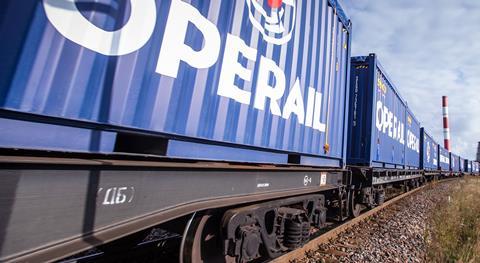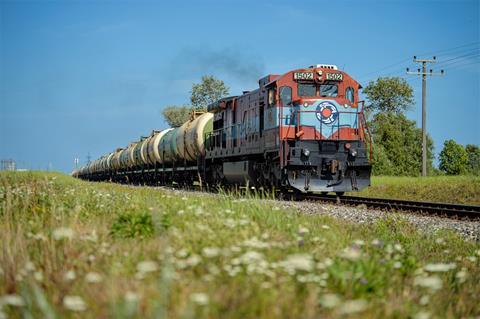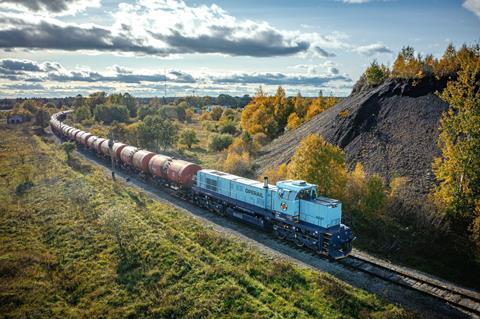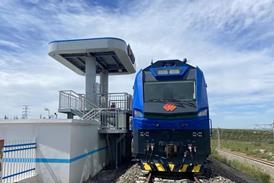
ESTONIA: New owner Tiigi Keskus plans to expand the activities of privatised rail freight operator Operail, with management board member Richard Tomingas saying ‘at first glance, it seems that we must kick-start container transport’.
He predicted that ‘looking to the future, the importance of rail will increase — more goods must be transported along railways than on highways to meet national climate objectives’.
The €19m sale of Operail to property and food group Tiigi Keskus was completed on December 9, marking the state’s withdrawal from the rail freight and rolling stock maintenance markets.
All operations, assets and contracts, including employment agreements, the brand name and the Operail Repairs business have been transferred to the new owner’s RailProject subsidiary. ‘There will be no changes for the customers, partners or employees’, said Tomingas.
Reprivatisation

It is the second time that Estonia’s national freight operations have been privatised since independence. The Baltic Rail Services consortium of international investors took over the national rail freight business in 2001, but following an acrimonious dispute over access charges it was bought back by the state in 2007.
The government took the decision to privatise the business again in February 2024, deeming rail freight to be non-strategic, and a tendering process was launched in June.
‘Since the start of the Russian aggression war in Ukraine, the volume of goods transported on Estonian railways has dropped dramatically’, said Minister of Infrastructure Vladimir Svet when the sale was completed.
‘Estonia is a small country with short distances for transportation. However, railway transport is a volume-based business where profits increase with the volumes of goods and the distances they must travel. For this reason, turning a profit on the Estonian railways only by transporting goods is complicated.’
He said freight in general, and foreign activities in particular, are not deemed strategically necessary for the state, so the decision was made to sell.
‘This way, the government can focus its resources on strategic activities that the state needs, private entities can do business, and the operations of Operail can continue and develop, supporting the sustainability of rail as the most eco-friendly and the safest manner of transportation in Estonia.’
‘Surprising amount of interest’

Sander Salmu, Deputy Secretary General for Mobility at the Ministry of Climate, said the privatisation process went well.
‘In the first stage, Operail drew a surprising amount of interest, which continued in the second stage where several reasonable offers were made’, he said. ‘The best offers were relatively similar to each other, indicating that the auction also helped establish the market price of the assets.’
Sanctioned wagons
The state remains the owner of a legal entity without any business operations, which has been renamed Raudtee Varad.
Wagons belonging to a Russian company which cannot be returned or purchased because of sanctions will continue to be held by this state-owned company until a solution for handling the frozen assets compliant with international law has been reached.
The state enterprise will also continue to hold financial means to cover the expenses of freezing these assets and the costs of resolving the matter in court.
















